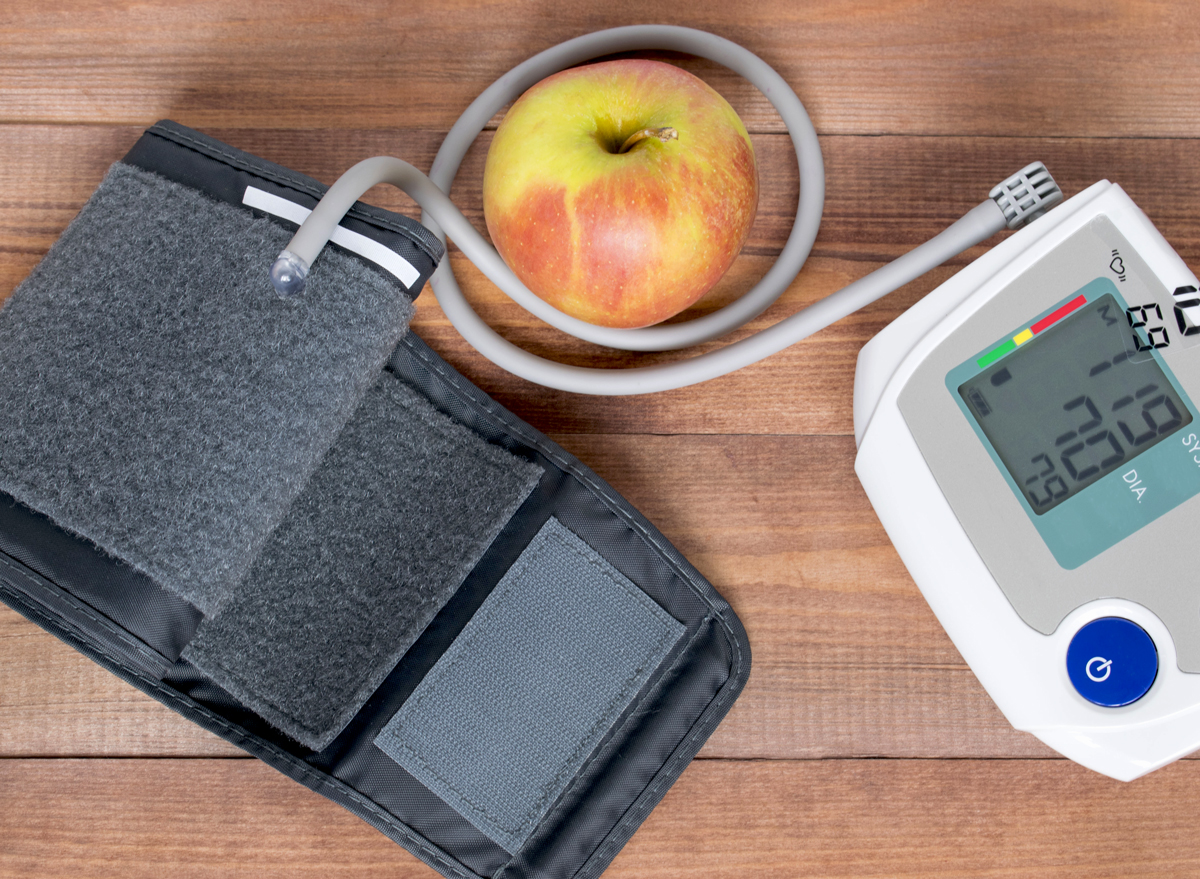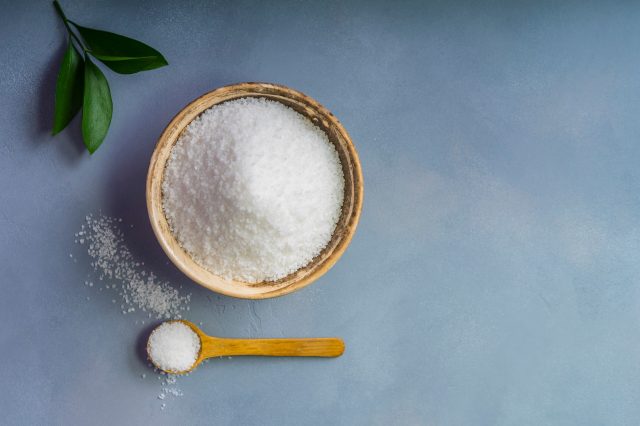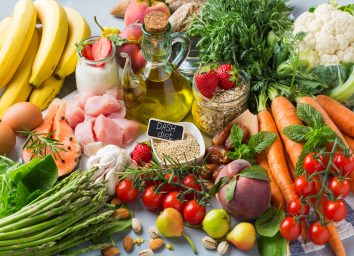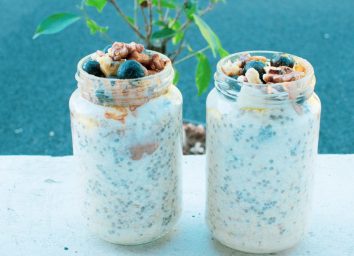The #1 Eating Habit Secretly Increasing Your Blood Pressure

If your blood is putting too much pressure on the walls of your arteries over an extended amount of time, you're most likely dealing with hypertension, also known as high blood pressure. Increasing blood pressure can stem from a few things, such as your poor eating or drinking habits, as well as lifestyle habits such as lack of exercise or smoking cigarettes.
There are numerous ways to lower your blood pressure, one of which is to change what you put into your body—and that goes for both foods you should add to your diet as well as those you should cut out. When it comes to cutting things out, there is one eating habit you could be doing that is causing chaos on your blood pressure, and it could make a big difference on your health if you stop it. According to Laura Burak MS, RD, founder of GetNaked® Nutrition and author of Slimdown with Smoothies one major eating habit wreaking havoc on your blood pressure is consuming too much sodium.
"One of the most common dietary habits when it comes to possibly increasing your blood pressure is consuming a diet high in sodium," says Burak. "Which surprisingly, doesn't come from the salt shaker but rather from processed, packaged foods like deli meats, smoked and canned foods, and snack foods like chips and dips."
According to Burak, the American diet is laden with these salty foods, and some people can be more sensitive to them.
Instead, she recommends focusing on consuming more fresh fruits and vegetables. She also recommends eating less packaged items, rinsing off canned foods before eating them, and opting for less salty foods like grilled chicken instead of deli chicken.

There's another eating habit Burak suggests can affect your blood pressure that's exacerbated by consuming too many salty foods: being chronically dehydrated.
"We simply don't drink enough water, and when you couple a high sodium diet with a lack of water intake, it is a recipe for retaining water, not feeling so great, and possibly increasing your blood pressure," says Burak.
Although stress is not an eating habit, Burak states that stress is currently and adamantly present in our daily lives, and it still can easily affect our blood pressure through food.
"Higher levels of stress go hand in hand with food choices, which is why you might find yourself reaching for salty crunchy chips or sugary chocolate when you're extra stressed, which in turn can both affect your blood pressure.
Constant sitting is also a non-food-related habit that still affects your body and what it consumes. Burak suggests that a lack of movement causes the food in your body to remain stagnant.
"Since the pandemic, we are more sedentary than ever," says Burak. "There is overwhelming research that moving your body consistently and staying in good shape keeps your heart strong and healthy, and blood pressure at a safe level. Moving and sweating also helps to flush out excess salt intake which can only help blood pressure."
However, although not an eating habit per se, it still affects the way your body handles food.
"When you start at the top and find ways to lower your stress levels, for example by walking outside most days, then your eating and drinking habits will also most likely improve," says Burak. "Looking at the big picture when it comes to habit changes is the most effective and long-lasting way to slowly improve your overall health."









